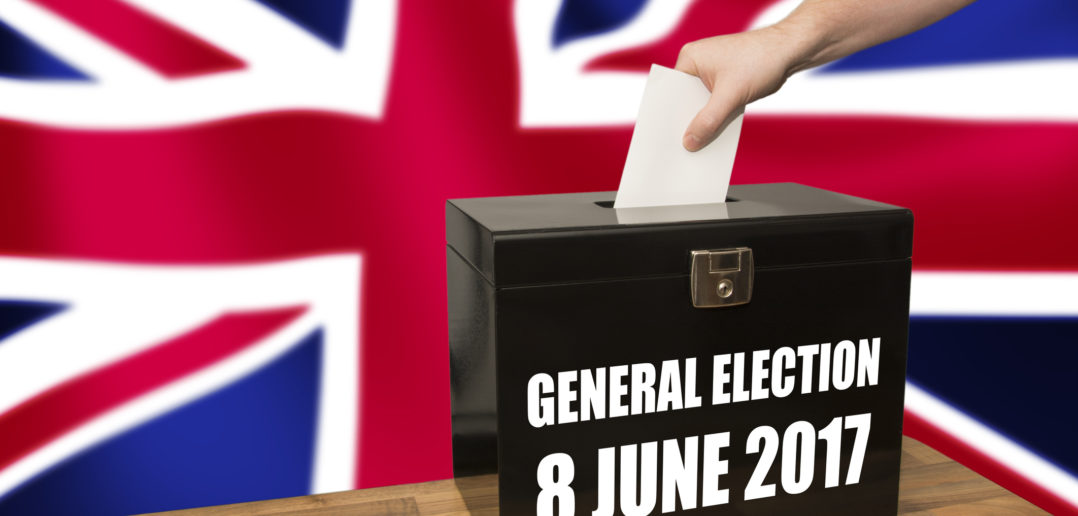Britons took to the polls June 8. Prime Minister Theresa May had called for a snap election hoping to increase the Conservative party’s agenda, but instead the party lost seats and its majority.
The election also puts the future of Brexit in question as the UK Independence Party, the main support of Brexit, didn’t win a single Parliamentary seat.
“I can’t think of any example of a modern, mature democracy putting itself in such a vulnerable position as we are now and it worries me tremendously,” former Conservative Treasury chief George Osborne told ITV. “And make way for a government that will be truly representative of all of the people of this country.”
Here are five ways the surprising results of the recent UK election might effect real estate:
- The pound drops in value following election: The pound plunged to a seven-week low the day after the election, dropping more than 2% against the U.S. dollar to $1.26. The Financial Times Stock Exchange 100, however, found that Britain’s largest multinational companies were unaffected by the currency drop. The weaker currency increases earnings from abroad. According to Reuters, it is homebuilders and real estate investment trusts that witnessed the worst losses. These industries are seen as barometers for the nation’s Brexit opinions. Source: Business Insider
- More pressure is placed on the London market: London is ranked fifth in the world for its millionaire density. The fact no party won a majority puts this segment at ease. Tax increases targeting property investors would have been imposed by the Labour Party. These increases are now not likely to happen and some investors might take advantage of declining property values to buy into the market. Real-estate advisory firm London Central Portfolio Limited says these investments are more likely to be in the central part of the city. The market, however, was already starting to slow. In April, both mortgage approvals and property inquiries fell for the first time since 2008. The problem is affordability. In London, property values increased 54% from January 2012 to March 2017, compared to 20% in the rest of the UK. Source: Forbes
- Housing market faces uncertainty: A period of stability was promised to the British, but the results of the election proved this was not the case, and the housing market falters during uncertainty. Projects likely will be put on hold and construction will slow. Some analysts think the markets will rebound because supply and demand has been steady. The government, however, will play a major role in addressing housing-market policies. In February, the federal government issued a housing white paper outlining how it would reform the housing market and increase supply. Source: City A.M.
- So does the commercial market: Businesses also thrive in periods of stability, but over the past year, the UK market has grown accustomed to instability although this makes strategic decision- making more difficult. Banks likely will be more financially cautious while projects may be put on hold. The members of the British Property Federation have vowed to work with local lawmakers to fend off uncertainty at a local level. Source: IPE & Real Estate
- Historically speaking, the impact will be minimal: Prior to the election, analysts and business leaders were predicting a Conservative majority and this instilled confidence. Economists say it doesn’t matter. Elections rarely have any long-term effect, and markets are instead resilient with investors rarely altering their buying habits. Source: Seeking Alpha
Top photo © mrtom-uk/GettyImages



